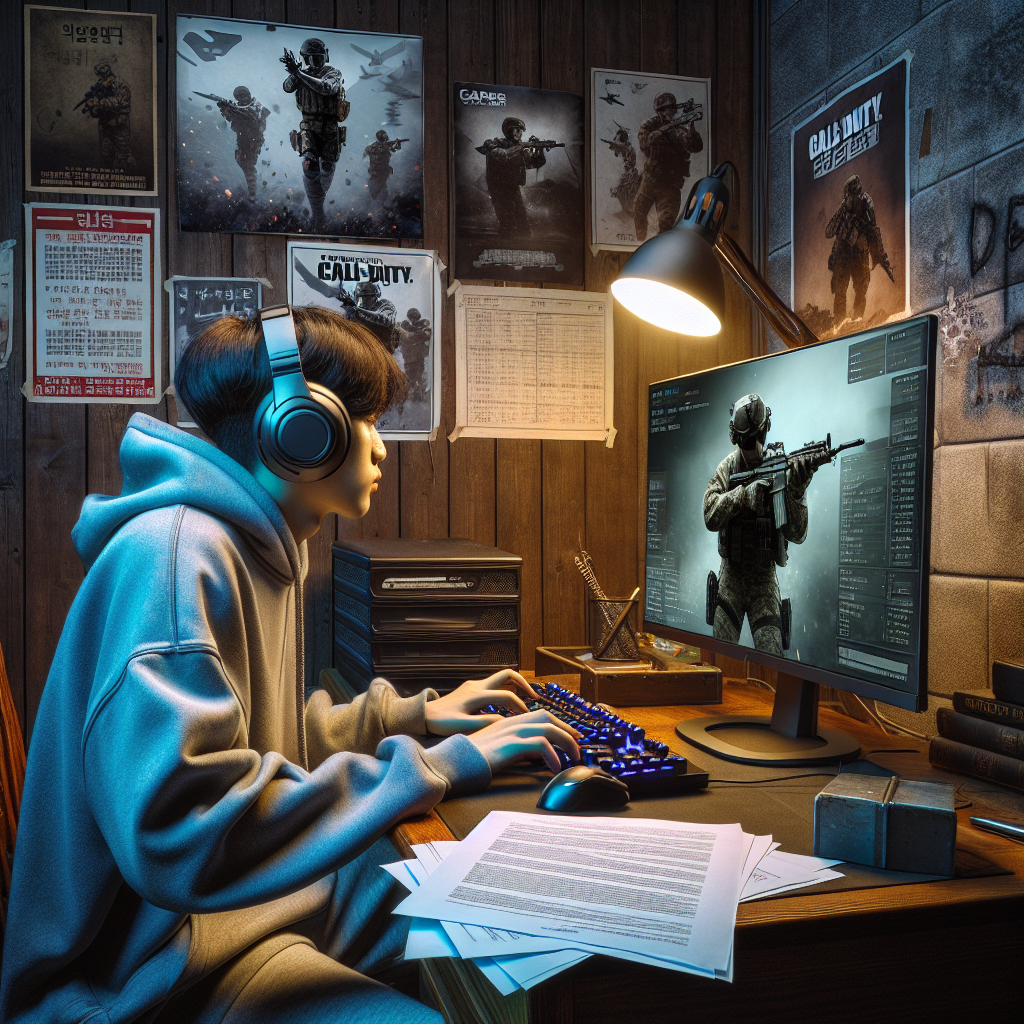Understanding Conscientious Objection in South Korea’s Military Service
South Korea’s mandatory military service has been a subject of intense debate, particularly when it comes to the rights of individuals claiming conscientious objection. This article delves into a recent Supreme Court decision that challenges the boundaries between personal beliefs and national duty.
South Korean Supreme Court Upholds Sentence for Military Service Refusal
The South Korean Supreme Court has confirmed an 18-month prison sentence for a man who refused to serve in the military, citing an unusual reason that casts doubt on his conscientious objection. The court took into account his affinity for the popular video game PUBG: Battlegrounds, suggesting that his enjoyment of the game, which involves virtual gun violence, contradicts his stated opposition to all forms of war and violence. This decision highlights the complexities of discerning genuine conscientious objection in the digital age.
Background of the Case
In November 2018, a South Korean man was indicted for refusing to fulfill his mandatory military service, a requirement under the country’s Military Service Act. He declared himself a conscientious objector, asserting that his personal beliefs against violence and war prevented him from enlisting. South Korea, known for its strict enforcement of conscription, does provide exemptions for certain individuals. These exemptions are typically reserved for cultural icons and elite athletes who have significantly contributed to the nation’s prestige and culture.
Despite the global fame of groups like BTS, who are currently serving their military terms, the South Korean government maintains a stringent stance on conscription, with few allowances for those seeking to avoid the draft. The man’s case became a focal point for the ongoing debate about the balance between individual beliefs and national duty.
Court’s Reasoning
The South Korean Supreme Court scrutinized the man’s claim of conscientious objection, ultimately questioning its authenticity. The court pointed out that the man had not engaged in any notable anti-violence activism, such as working with NGOs focused on peace or anti-war efforts. Moreover, his admission of frequently playing PUBG: Battlegrounds, a game centered around gun violence, was seen as contradictory to his stated beliefs against violence and war.
| Man’s Claims | Court’s Counterpoints |
|---|---|
| Opposition to violence and war | No evidence of anti-violence or anti-war activism |
| Conscientious objection to military service | Enjoyment of a video game involving virtual violence |
The court’s assessment suggests a belief that personal convictions should be reflected in one’s actions and lifestyle choices, including entertainment preferences. This perspective has sparked discussion on the nature of conscientious objection and the extent to which personal hobbies should factor into legal judgments.
Additional Factors and Court’s Admission
The court also considered other factors beyond the man’s gaming habits. It addressed his claims that the military disregards human rights and frequently issues unfair orders. The court noted that such issues are not inherent to military training and that experiences can vary widely depending on the service branch and time period in which one serves.
In its verdict, the court did acknowledge the distinction between the virtual violence depicted in video games and actual violence. This admission suggests an understanding that engagement with violent entertainment does not necessarily translate to a propensity for real-world violence. However, in this case, the court deemed that the man’s actions did not align with his professed beliefs, leading to the upholding of his prison sentence.
Reflection on the Court’s Decision
The South Korean Supreme Court’s decision to uphold the prison sentence for a man who refused military service on the grounds of conscientious objection raises important questions about the relationship between personal entertainment choices and one’s moral stance. The case underscores the potential for legal systems to scrutinize personal hobbies, such as playing PUBG: Battlegrounds, as indicators of one’s beliefs and intentions. This ruling may set a precedent for how conscientious objection is evaluated in the context of digital and virtual activities, possibly influencing future cases where personal beliefs are pitted against national laws.

